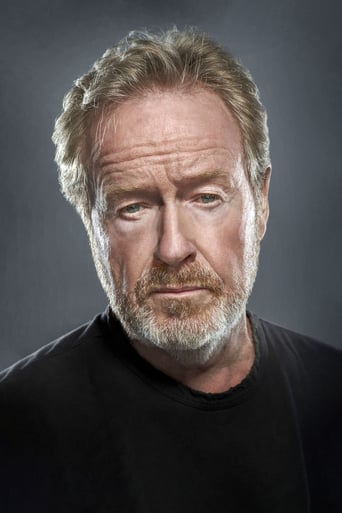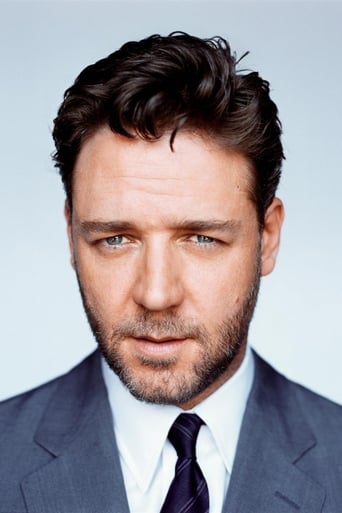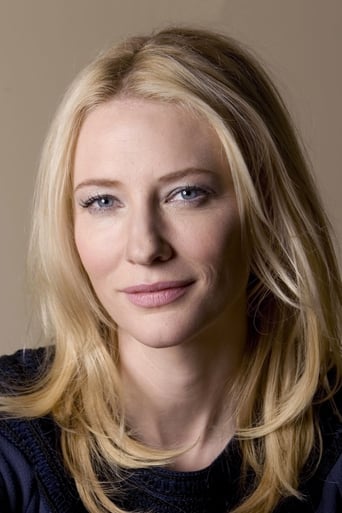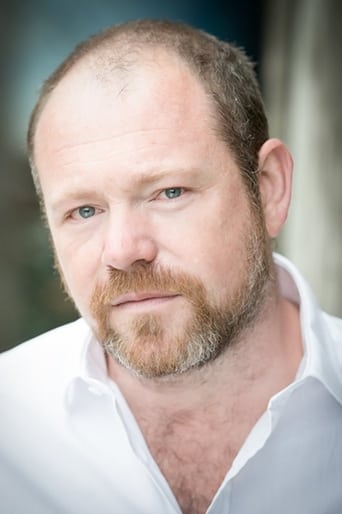yawn-of-death
This was less a documentary to find the real Robin Hood, and more a justification for the contortions the legend underwent in Ridley Scott's movie.Mike Loades, a military historian, said Robin lived between 1180 and 1280, giving absolutely no reason for this, and the program continued based on his dates. J. C. Holt, the leading Robin Hood historian, says in his book that, due to social circumstances described in the ballads, it is VERY unlikely Robin was active before 1200. Also, the earliest record we have of outlaws starting to use the alias "Robin Hood" comes from a 1262 Easter Memoranda Roll. Assuming that they were emulating an original Robin Hood, the program should have been looking between 1200 and 1262. Except then the Third Crusade (Richard set out in 1190, peace was reached in 1192) would not have rated inclusion, and the Third Crusade was a big part of the movie.None of the ballads says Robin went on crusade. The one ballad that mentions Richard I does not mention the crusade, or John, or Magna Carta. (Which was not about equality under the law but, among other things, protecting the nobles' inheritance from a corrupt king.) Why was Mike Loades saying Friar Tuck could have been on crusade, when we know Tuck was not a part of the original legend, but added in the sixteenth century, like Maid Marian, through the May Games? The original Friar Tuck was most likely Robert Stafford, a thief active in 1417.Information was not well presented. For example, one man said that Scarlet was the "fop" of the group. He did not say that this was because "scarlet" used to refer to an expensive fabric. Another historian stated that "Scarlet" was derived from "Scathelocke" or "Scarlock," meaning to break locks (an obvious outlaw alias). But no one put these two statements together to explain that Will was not actually a fop (or necessarily a red head - scarlet evolved to mean red because this was an expensive dye), but only collected these traits because of later corruptions of his name.One historian said that Marian's character has changed over time to mirror how society has viewed women. It would have been interesting to hear how the seventeenth century ballad about Marian's hour-long sword fight with Robin factors into that theory.The quarterstaff demonstration was interesting, but irrelevant. Neither Robin nor his men were said to use staves until the eighteenth century.Graham Black of Nottingham Trent University shared, in my opinion, the best information. He talked about J. C. Holt's best Robin Hood candidate, outlawed in 1226, who was then completely ignored for the rest of the program.Most of the documentary was spent talking about the history behind the movie, not the man. (And that history was not always accurate.) Russell Crowe should stop saying that giving to the poor was the legend's core value and why it survived. That value was not added until the sixteenth century, along with Richard I and rumours of Robin's nobility. If the documentary were objective, it would point out things the movie got wrong, like almost everything about how Richard I died, or the fact that John's Isabella was twelve or younger when he married her.



